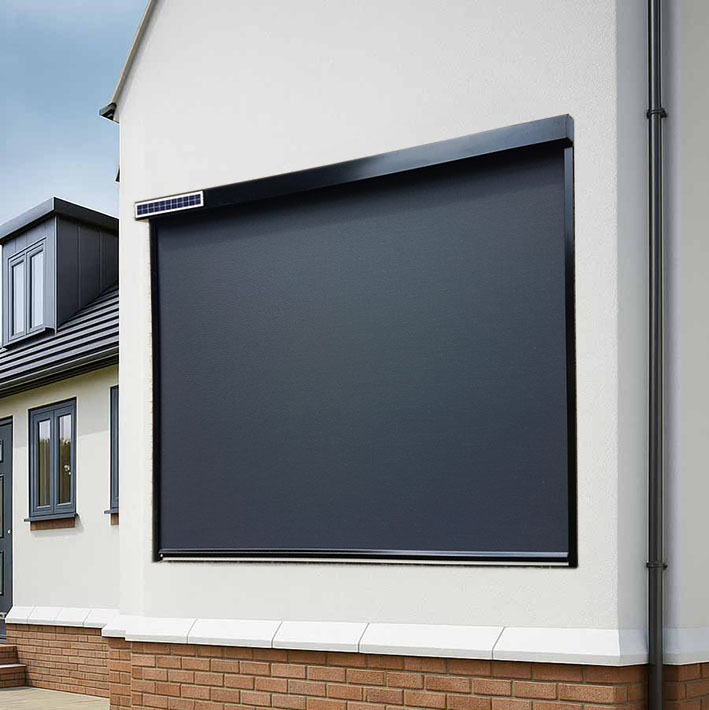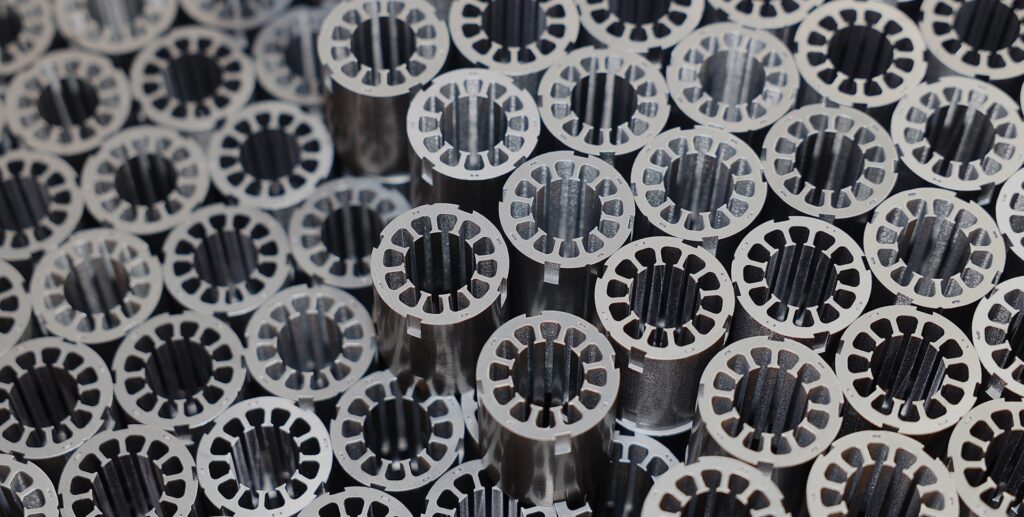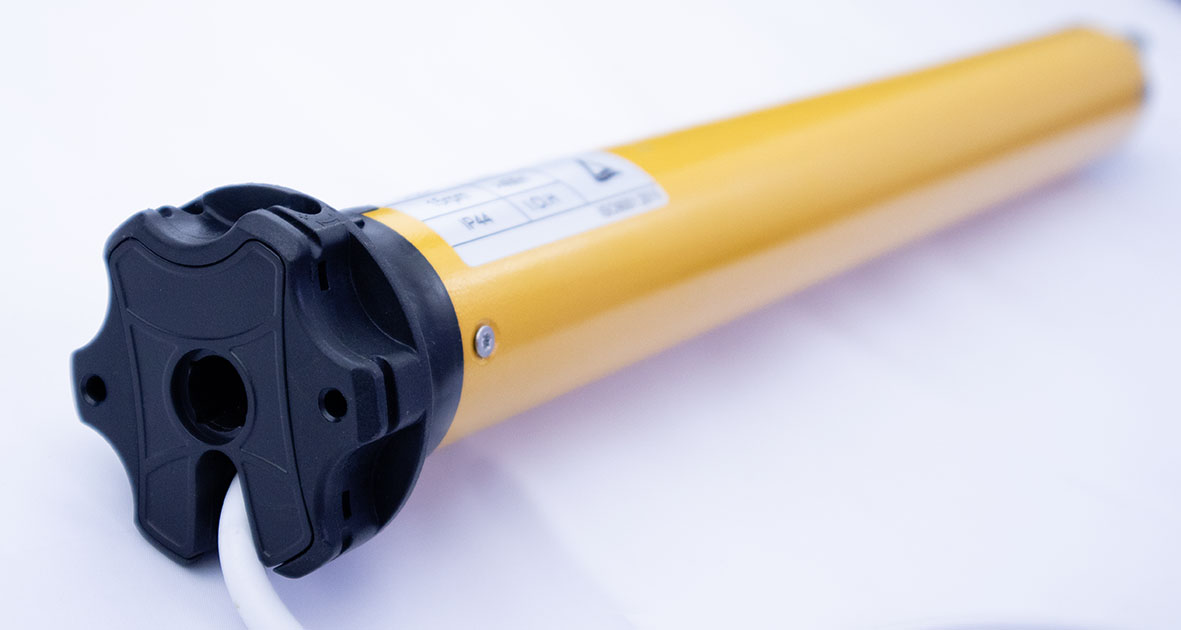How to Select a Motor for Motorized Zip Screen
When it comes to choosing the right motor for your motorized zip screen, there are several factors to consider to ensure optimal performance, energy efficiency, and durability. A motorized zip screen is a versatile solution for both residential and commercial spaces, offering protection against the sun and insects, while enhancing the aesthetic of the building. In this article, we will guide you through the key aspects to consider when selecting the motor for your zip screen.
1. Motor Type: AC vs. DC
The first step in selecting a motor for a motorized zip screen is deciding between AC (Alternating Current) and DC (Direct Current) motors.
- AC Motors: These are typically more powerful and can handle larger and heavier screens. If your motorized zip screen is designed for larger windows or commercial applications, an AC motor is a suitable choice. AC motors are durable, have a longer life span, and are well-suited for high-demand applications, but they tend to be noisier compared to DC motors.
- DC Motors: DC motors are quieter and more energy-efficient, making them ideal for residential applications, where reducing noise is important. They also provide smoother control, which is important if you need precise positioning of the screen. If your motorized zip screen is for a home or a space where minimal sound disruption is necessary, a DC motor would be the better option.
2. Power and Torque
The power and torque required for your motorized zip screen depend on the size and weight of the screen. Larger and heavier screens need a motor with more torque to ensure smooth and efficient operation.
- Small to Medium Zip Screens: For smaller residential windows or spaces, a motor with lower torque can suffice. A DC motor with a torque range between 15-25Nm would be ideal for lightweight screens.
- Large Zip Screens: For larger commercial applications or heavy-duty zip screens, you’ll need a more powerful AC motor with higher torque, usually in the range of 40-70Nm or more, depending on the size and weight of the screen.
Make sure the motor you select has enough torque to handle the weight of your screen without straining the motor, as this will affect both the lifespan of the motor and the performance of the zip screen.
3. Speed Control
Speed control is another crucial factor to consider. Many modern motorized zip screens come with adjustable speed settings, allowing you to customize how quickly the screen rises or lowers.
- Standard Speed Motors: For most residential applications, standard-speed motors work perfectly fine. These motors allow the screen to move at a steady pace, ensuring that it is fully raised or lowered without delay.
- Variable Speed Motors: For larger or more sophisticated motorized zip screens, a variable-speed motor allows for precise control over the movement. These motors are ideal when you need the screen to move at different speeds depending on the time of day or environmental conditions, such as sun exposure.
4. Power Source and Energy Efficiency
Choosing the right power source is essential for the long-term efficiency and maintenance of your motorized zip screen.
- Electric Motors: Most motorized zip screens are powered by electricity and are connected to your home or building’s electrical system. These motors provide consistent power but may require professional installation.
- Battery-Powered Motors: For smaller or remote installations, battery-powered motors are an excellent choice. They eliminate the need for wiring and are easy to install, making them perfect for spaces where electrical connections are difficult to access. However, they require periodic battery replacement or recharging.
- Solar-Powered Motors: If energy efficiency is a priority, consider solar-powered motors for your motorized zip screen. These motors harness solar energy, which is both eco-friendly and cost-effective. Solar-powered motors are ideal for outdoor spaces with ample sunlight and can help reduce electricity bills in the long run.
5. Noise Level
Noise can be a significant factor in determining the best motor for your motorized zip screen. Depending on where the screen is installed, excessive noise from the motor may be disruptive.
- DC Motors: Generally quieter, making them ideal for home installations, particularly in bedrooms or living rooms where noise levels need to be kept to a minimum.
- AC Motors: While these motors tend to be louder due to their higher power, they are often necessary for larger commercial spaces or larger screens. If noise is a concern, you may want to consider installing soundproofing or insulation around the motor to minimize disruption.
6. Durability and Maintenance
When selecting a motor for a motorized zip screen, durability is a key consideration. You want a motor that will last for many years without frequent breakdowns.
- Look for motors with durable materials and components that can withstand outdoor weather conditions if your motorized zip screen is installed in an exterior location.
- Regular maintenance is also important to keep the motor running smoothly. Choose a motor that is easy to maintain, with parts that are readily available for repair or replacement.
7. Integration with Home Automation
For a more seamless experience, consider selecting a motor for your motorized zip screen that integrates with your smart home system. Many modern motors can be controlled via smartphones, voice commands, or automated schedules. This allows you to control your screen remotely and adjust it according to your preferences without manually operating it.
Conclusion
Selecting the right motor for your motorized zip screen involves considering multiple factors, including motor type, power, noise level, and energy efficiency. Whether you’re installing a motorized zip screen in your home or a commercial space, understanding these requirements will ensure that you select the best motor for smooth operation and long-term performance. Be sure to assess your specific needs, space conditions, and budget to make the most informed choice.
Tubular Motor FAQ
Zhejiang Walt Mech Electrical Co.,Ltd.



